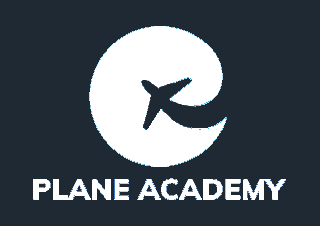Sources: CAA, EASA PART-FCL, IAA
What is an Approved Training Organisation (ATO)An Approved Training Organisation (ATO) is an organisation staffed, equipped and operated in a suitable environment offering approved flying training, and/or synthetic flight instruction and/or theoretical knowledge instruction for specific flight training programmes (aeroplane or helicopter).
Training for a pilot licence.
Before you apply for a licence, you will need to complete a training course at a flight school.
Courses are designed to train you for a specific licence. You will complete all the flying time needed for the licence and learn all the skills you need.
Documents.
When you finish your training you will be given all the documents you need to apply for a licence.
CAA approval.
Flight schools must be approved or registered with the CAA.
Types of flight school.
There are two types of flight school. They are known as approved training organisations (ATOs) and registered training facilities (RTFs). You can train at either type of flight school.
Registered training facilities
Training can also be provided by registered training facilities (RTFs) registered with the UK CAA for the delivery of training towards the Private Pilot Licence (Aeroplanes) and (Helicopters). Standards Document 30 lists the organisations in alphabetical order by company or person/sole trader name.
Click here to view Standards Document 30
Costs
Most flight schools advertise a complete price for the qualifications they offer and also a training rate by the hour. Whilst some schools will offer ‘all inclusive’ packages, this is usually based upon the minimum number of flying hours set out in the licence requirements. Many students require additional lessons/hours to complete their training. It is important to understand what is included in the pricing and what is not – for example there may be additional costs such as landing fees or ground training instruction.
Protecting your investment
Many flying schools may offer a discount if you pay more money ‘up front’ and whilst you can make a saving, it should also be considered what will happen if the school or club ceases trading. If payments are made in advance, using a credit card will usually protect the payment up to a certain amount whilst cheque or bank transfer payments may result in you losing your money. Many people pay per lesson which limits their financial exposure and also gives added flexibility should they wish to call a halt to their training or want to change schools.
Regulatory Approval
The CAA’s regulatory regime covers the safety of flying and certain minimum standards in the training and examination environment. It does not regulate the financial viability of flying schools or clubs so the possession of the regulatory requirements to conduct flight training should not imply any certification of financial integrity.
Approved training organisations (ATOs)
Names and details of all ATOs approved by the CAA are found in Standards Document 31. You can download this document in pdf form using the link below.
Click here to view Standards Document 31
Things to consider when looking for a flight school
Here are some things for you to consider to help you make the right choices in achieving your aviation ambitions.
Visit some schools
A good first start is to visit some schools, talk to the staff and instructors, ask lots of questions and get a tour of the facilities and aircraft. This will give you a good idea of the options available to you and will help decide if the environment is right for you.
Seek advice
Those currently learning or qualified pilots are also a good source of advice. Most schools should be more than happy for you to talk to some of their members and students. From this you will likely gain some valuable impressions as well as answering questions you may have about the process and what to expect.
Take a trial lesson
Before committing any significant time and money to flying, a sensible option when you are researching schools is to take a trial lesson to make sure flying really is for you.
Instructors
The relationship with the instructors that you fly with will have a big influence on the quality of the experience. It is important that you feel comfortable with them and that they appear motivated and interested in you learning effectively. Do not be afraid to ask to talk to a few different instructors when visiting the schools.
Medical
Prior to starting training for any pilot’s licence it is worth considering the medical standards required, please see the Medical page for more information.
